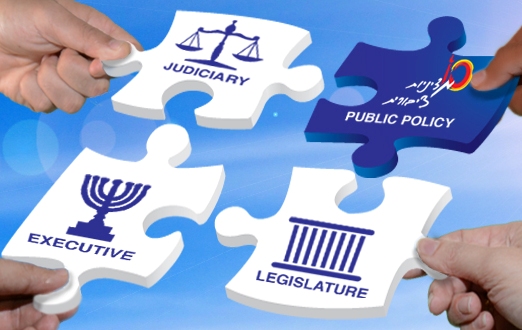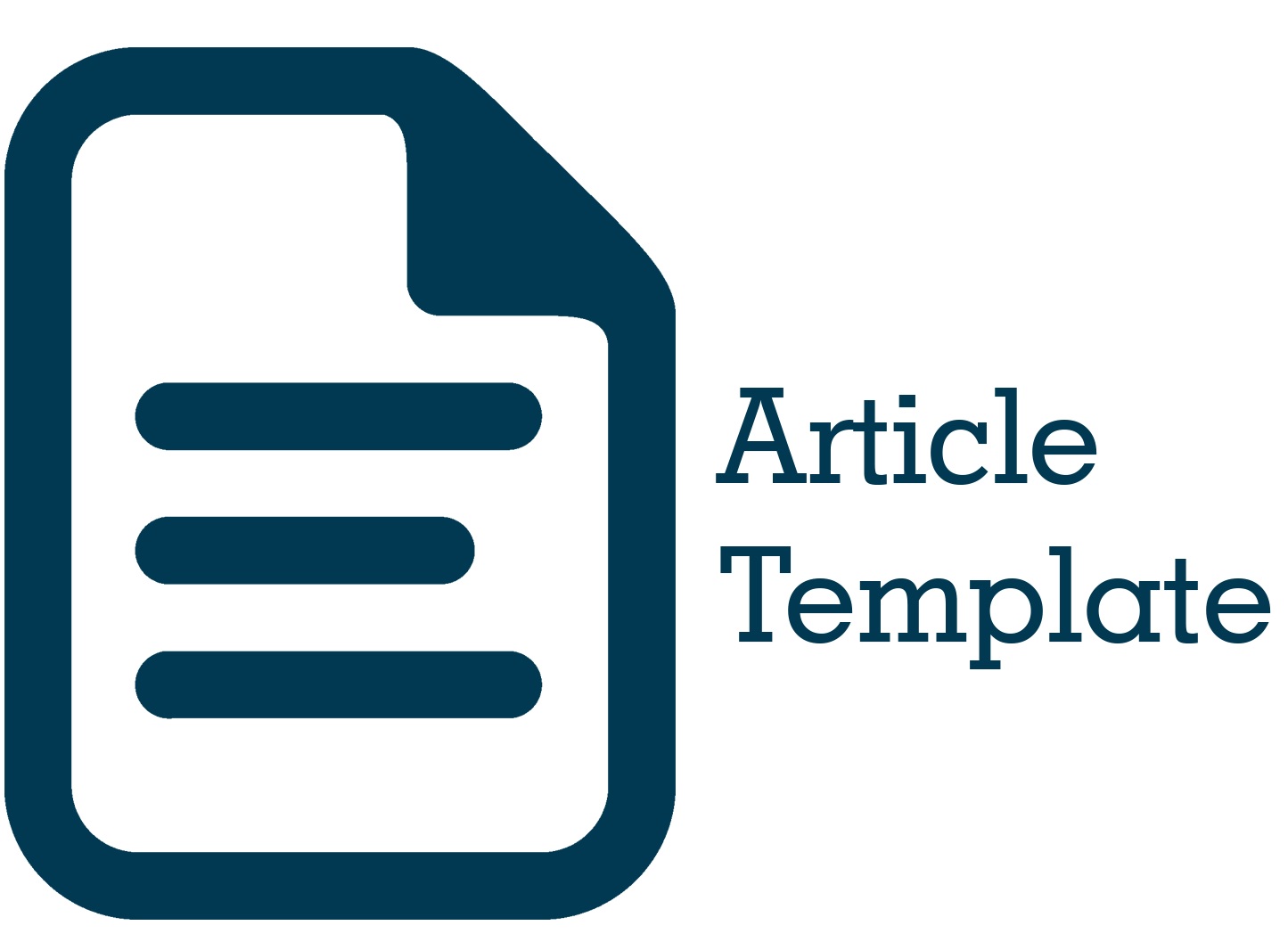Efektivitas Pelayanan Via Online (Plavon) Dukcapil
DOI:
https://doi.org/10.51135/PublicPolicy.v4.i2.p574-592Keywords:
Effectiveness, Public Service, PLAVON DukcapilAbstract
Public services aim to meet the needs of the community in carrying out rights and obligations and improving welfare that can realize a just and social order. In creating the effectiveness of public services in the government environment, a bureaucratic reform in public services is needed. The Indonesian government utilizes existing technology to create better public services by organizing online public services. The Sidoarjo Regency Government together with the Sidoarjo Regency Population and Civil Registration Office issued a new breakthrough in public services, especially in the service of population administration and civil registration with the issuance of the Via Online Service application (PLAVON). The purpose of this study was to determine and analyze the effectiveness of the Dukcapil Via Online Service (PLAVON) in Permisan Village, Jabon District, Sidoarjo Regency. This study uses qualitative research with a descriptive approach. The results showed of the effectiveness of the Dukcapil Via Online Service (PLAVON) in Permisan Village, Jabon District, was still not running optimally, especially in provision of socialization to the community.
Downloads

Downloads
Published
How to Cite
Issue
Section
License
Authors whose manuscripts are published in the Journal of Public Policy must agree to the following terms;
- Publication rights for all manuscript materials published are held by the editorial board with the author's consent.
- The legal formalities for digital access to the Journal of Public Policy are subject to the Creative Commons Attribution Sharealike (CC BY SA) license, which means the Journal of Public Policy has the right to store, redistribute, reformat, manage in a database, maintain, and publish the manuscript without seeking permission from the author as long as the author's name is included as the copyright owner.
- Published manuscripts are open access for the purpose of disseminating research results. Besides this purpose, the editorial board is not responsible for copyright law violations.


.png)



